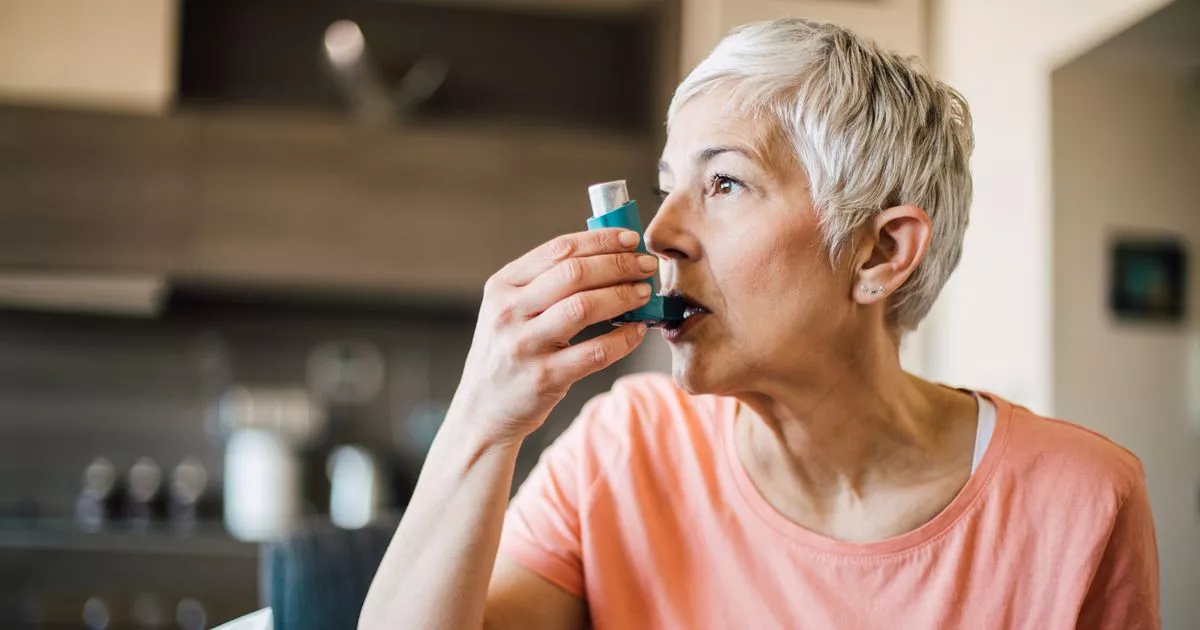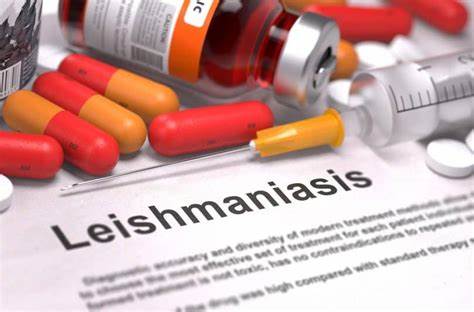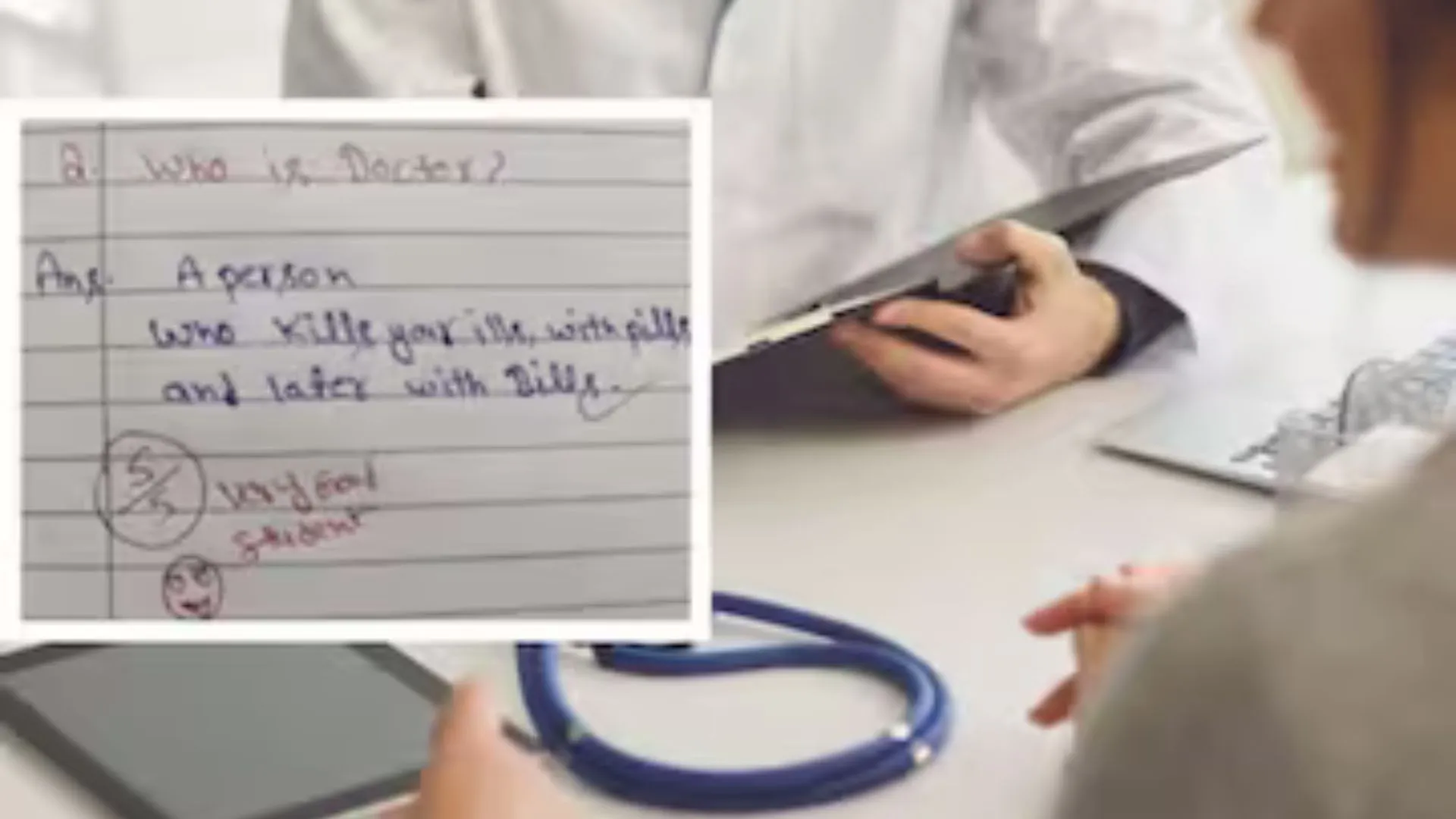A recent study from South Korea, published in JAMA Network, sheds light on how long it takes for the heart to recover after quitting smoking. The study analyzed 5.8 million people to determine the impact of long-term smoking on heart health and how recovery differs between light and heavy smokers.
Light vs. Heavy Smokers: Recovery Timelines
– Light Smokers: Those with less than eight pack years of smoking took about 5 to 10 years for their hearts to resemble those of non-smokers.
– Heavy Smokers: Those with more than eight pack years required up to 25 years for full recovery.
Why the Study Matters
According to Dr. Ambuj Roy, professor of cardiology at AIIMS, Delhi, the findings emphasize the lingering effects of smoking on the heart. “Even after quitting, the residual risk of heart attacks remains significant until the body fully recovers,” he explained.
How Smoking Damages Your Heart
Smoking affects the heart by:
– Triggering inflammation, leading to plaque buildup in arteries.
– Damaging blood vessel walls and narrowing them, raising blood pressure and heart rate.
– Altering cholesterol levels, decreasing good cholesterol (HDL) and increasing bad cholesterol (LDL).
– Thickening blood, increasing the risk of clots and heart attacks.
Why Heart Recovery Takes Time
Dr. Balbir Singh from Max Hospital, New Delhi, highlights the gradual healing process:
– Within months, lungs start to clear tar and mucus, improving breathing.
– After one year, lung function significantly improves.
– It takes up to five years for the heart to feel substantial benefits.
Managing Post-Smoking Health Risks
Former smokers must focus on maintaining overall health during recovery. Dr. Roy advises managing co-morbidities by:
– Eating a heart-healthy diet
– Maintaining healthy weight
– Monitoring blood pressure, blood sugar, and cholesterol













